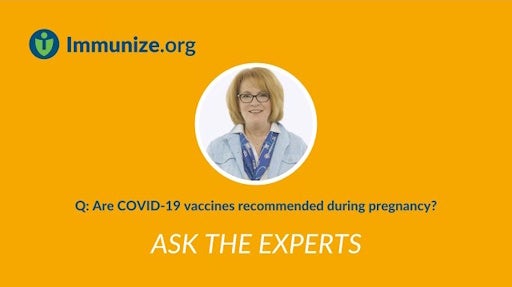Please see CDC’s Interim Clinical Considerations for the Use of COVID-19 Vaccines for dosage guidance: www.cdc.gov/vaccines/covid-19/clinical-considerations/interim-considerations-us.html#immunocompromised.
People who are moderately or severely immunocompromised, who have not been vaccinated against COVID-19 in the past, and who are receiving the 2024–2025 Formula mRNA vaccines (Moderna or Pfizer) should receive a 3-dose primary series of age-appropriate doses of the same vaccine brand, unless obtaining the same brand is not feasible. A 4-week interval is recommended between doses 1 and 2 and doses 2 and 3. One additional dose should be administered 6 months (minimum interval 2 months) following the final dose in the primary series. Further additional doses may be administered at least 2 months apart, based upon the judgment of the patient’s healthcare team and the patient’s preferences and circumstances.
People who are moderately or severely immunocompromised, who have not been vaccinated against COVID-19 in the past, and who are receiving the 2024–2025 Formula Novavax COVID-19 Vaccine should receive 2 doses spaced 3 to 8 weeks apart. They should receive a third dose 6 months (minimum interval 2 months) after dose 2. As with mRNA COVID-19 vaccine recipients, they may receive additional doses at the discretion of their healthcare team, based on their individual preferences and circumstances. CDC recommends that any additional doses be administered at least 2 months after the most recent 2024–2025 Formula dose.
Immunocompromised people should be counseled that they may have a reduced immune response to COVID-19 vaccination. They should be advised to continue other recommended infection prevention measures, such as wearing a face mask and avoiding crowds, to limit their risk of exposure to the SARS-CoV-2 virus.
Pemivibart (Pemgarda, Invyvid) is a monoclonal antibody for COVID-19 pre-exposure prophylaxis in people who are moderately or severely immunocompromised and unlikely to mount an adequate immune response to COVID-19 vaccination and who meet the FDA-authorized conditions for use. See additional information from CDC: www.cdc.gov/vaccines/covid-19/clinical-considerations/interim-considerations-us.html#immunocompromised.
